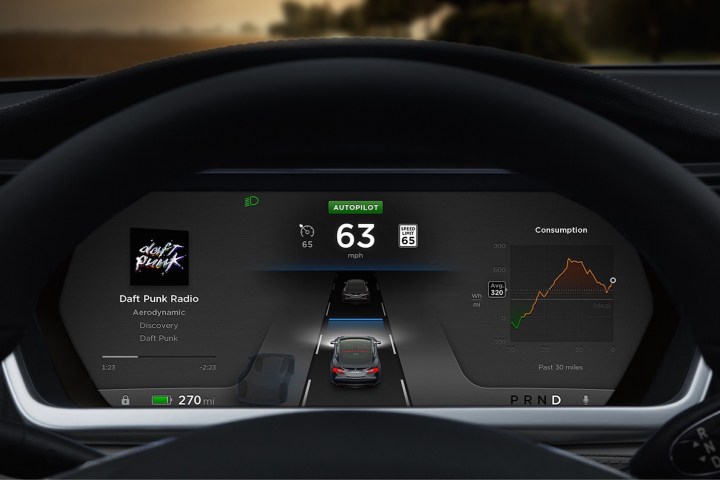
Consumer Reports, meawhile, has called on Tesla to disable Autopilot mode in all its vehicles. Tesla, which has offered to share all autonomous data with the NHTSA, for its part refuses to disable Autopilot, arguing that this data collection process is essential to improving the technology.
Now three U.S. legislators from Michigan are proposing that automakers take testing off public roads and onto a national testing location, preferably in their home state, according to the New York Times.
U.S. Senators Gary Peters and Debbie Stabenow and U. S. Representative Debbie Dingell met in Detroit with NHTSA head Mark R. Rosekind and Secretary of Transportation Anthony Foxx to make their case. “We know we need a national testing and validation site,” said Senator Peters. “We need one in place where all the auto companies can come together.”
There are four potential self-driving test centers, two that already exist and two that could be candidates — the Michigan lawmakers favor one of the latter.
The University of Michigan’s Mcity 32-acre autonomous car testing site in Ann Arbor, Michigan has streets and intersections with signs, lights, and a tunnel. Virginia Tech has a site in development near Blacksburg, Virginia.
GoMentum Station, a site in Concord, California has 20 miles of paved roads on a 5,000-acre former U.S. Navy weapons station. The Concord site is designed for testing both connected cars and autonomous vehicles. In addition to streets and roads, GoMentum Station also has buildings and former barracks that could simulate an urban setting.
The Michigan lawmakers’ preferred candidate is Willow Run, a 335-acre former General Motors aircraft plant in Ypsilanti, Michigan that made B-24 bombers in World War II. The University of Michigan is converting the site into an autonomous vehicle testing facility called The American Center for Mobility.
The Willow Run site will allow carmakers to test at highway speed and in complex setups. Willow Run’s proximity to tech centers set up by Ford, General Motors, Fiat Chrysler, and Hyundai — and an engineering center that Google’s Self-Driving Car Project is establishing — would also put it close to the center of a significant proportion of U.S. autonomous car development activities.
Senator Peters and the other lawmakers are urging the Transportation Secretary and NHTSA head to back a national testing center to minimize accidents and accelerate development. They are also proposing a national self-driving test center competition. Secretary Foxx also said a competition is under consideration. With an eye on advancing autonomous driving as soon as possible, NHTSA’s Rosekind added that, “There will be incidents, but we can’t wait for the perfect.”



